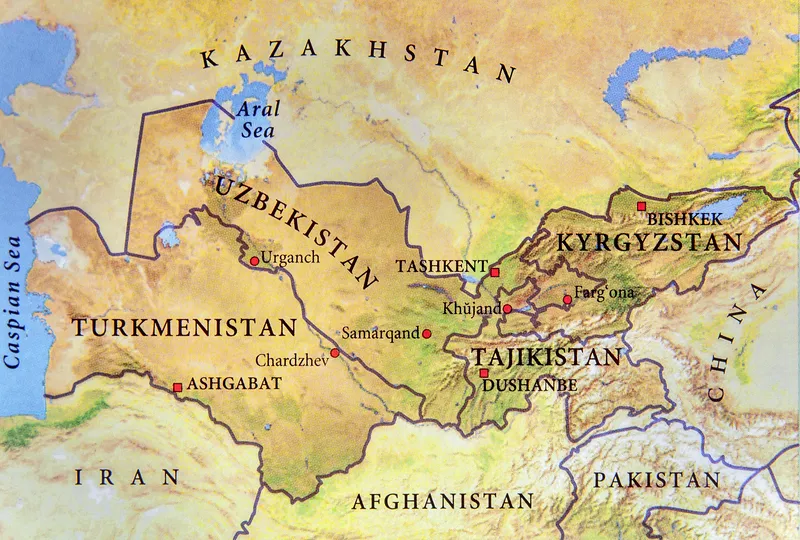Moroccan Ministry for Equipment and Transport has said that its 20-year plan for the country's motorway network will require an investment of US$5.86 billion. Funding sources for all of the work have yet to be secured. The country’s tolled highway system has been a success, although the Casablanca-Rabat-Tangiers route generates much of the total revenue.
Morocco’s Ministry for Transport and Equipment is also looking to source financing worth $532.6 million. This will be used to repair damage to the road ne
January 20, 2015
Read time: 2 mins
Moroccan Ministry for Equipment and Transport has said that its 20-year plan for the country's motorway network will require an investment of US$5.86 billion. Funding sources for all of the work have yet to be secured. The country’s tolled highway system has been a success, although the Casablanca-Rabat-Tangiers route generates much of the total revenue.
Morocco’s Ministry for Transport and Equipment is also looking to source financing worth $532.6 million. This will be used to repair damage to the road network and the work will be carried out between 2016 and 2021. A considerable portion of the sum will be used in 2015 to repair flood damage. At present, some 550 dams, bridges and roads are estimated to be at risk of collapse. In addition, the Ministry plans to rework the map for the geographical positioning of the logistics services and material used for the removal of sand and snow on the roads, as well as maintenance. Recent interventions have been delayed due to the distance between the southern regions and the central unit in Casablanca. To combat this, a new central unit will be created in Agadir in order to provide logistics support to the Oued Eddahab, Souss-Massa-Draâ, Guelmim, Boujdour-Sakia Lhamra and Laâyoune regions.
The Ministry for Transport and Equipment has also released information showing that the fatality rate on the country’s highway network has dropped by 20%.
Morocco’s Ministry for Transport and Equipment is also looking to source financing worth $532.6 million. This will be used to repair damage to the road network and the work will be carried out between 2016 and 2021. A considerable portion of the sum will be used in 2015 to repair flood damage. At present, some 550 dams, bridges and roads are estimated to be at risk of collapse. In addition, the Ministry plans to rework the map for the geographical positioning of the logistics services and material used for the removal of sand and snow on the roads, as well as maintenance. Recent interventions have been delayed due to the distance between the southern regions and the central unit in Casablanca. To combat this, a new central unit will be created in Agadir in order to provide logistics support to the Oued Eddahab, Souss-Massa-Draâ, Guelmim, Boujdour-Sakia Lhamra and Laâyoune regions.
The Ministry for Transport and Equipment has also released information showing that the fatality rate on the country’s highway network has dropped by 20%.








